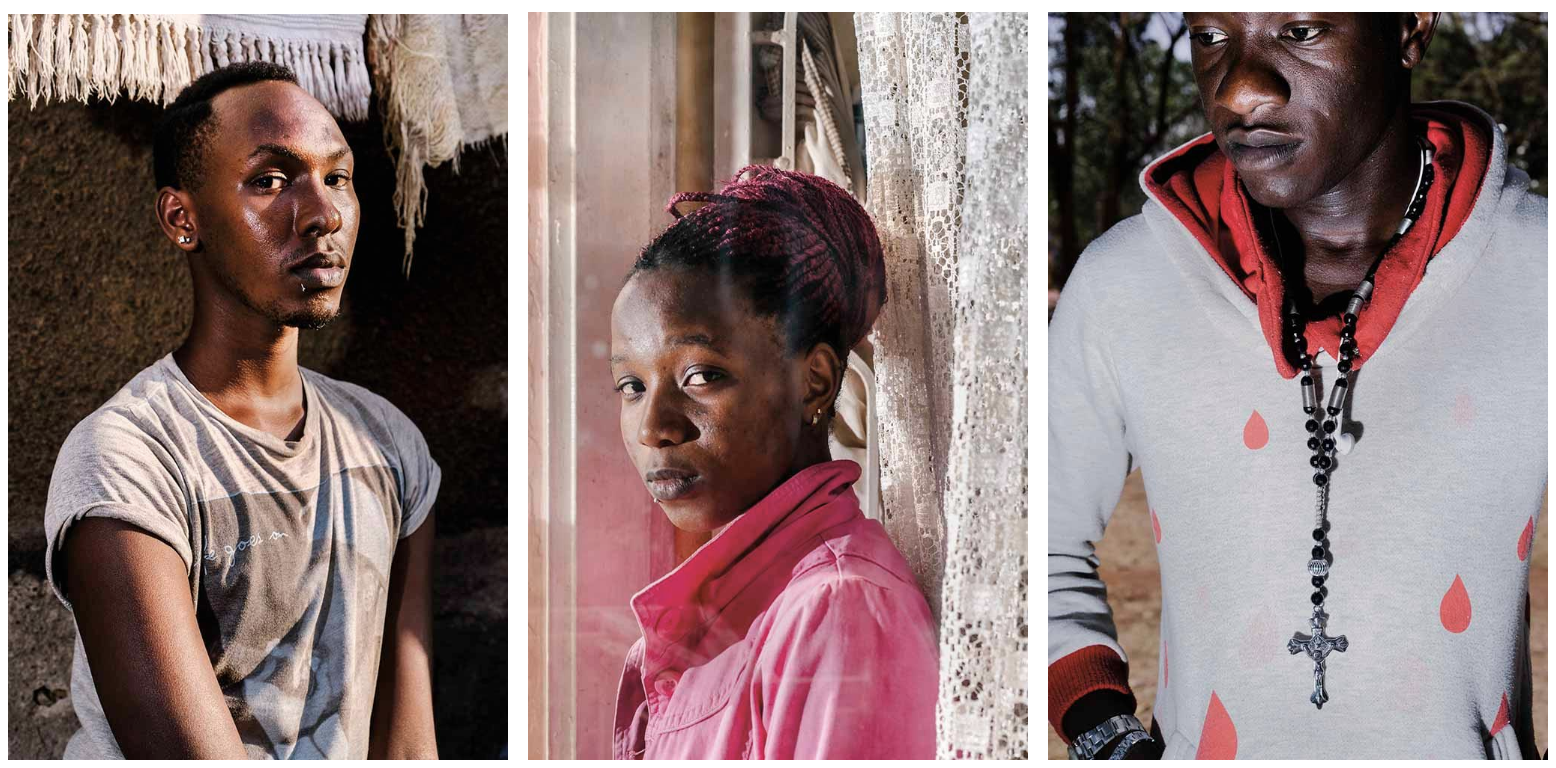Donors claimed they would fix Fabienne Jean’s body. They broke her heart instead.

Illustration Corey Brickley for The Economist
A senior member of the Medellín cartel conned American and Swiss authorities, framed the Mexican president’s brother, destroyed a private Swiss bank, and brought down the Attorney General of Switzerland.
And they let him walk free.
In fact, they paid him to do it. Law enforcement agencies across the globe are giving millions of dollars to criminal informants, creating a system where–for big fish like José Manuel Ramos–crime truly does pay.
Read: The Economist’s 1843 Magazine
A Vespucci Story, with Swiss journalist Daniel Ammann
Ten years after UN Peacekeepers introduced cholera to Haiti, against all odds, Haiti’s cholera crisis now appears to be over.
Read: How Haiti Curbed Cholera
Supported by the Pulitzer Center.

Farmer Remy Augustin, 54, prepares the ground to plant maize on a plot owned by his niece near Caracol, Haiti, December 10, 2019. Handout by Allison Shelley
A decade after an earthquake killed more than 200,000 people, farmers in Haiti are waiting to receive compensation for their land used to build an industrial park. Located in Haiti’s northern region, the $300 million Caracol Industrial Park opened in 2012 and now employs approximately 15,000 people, most of whom work in clothing factories there.
In 2018, farmers who had been evicted from their land in 2011 struck a rare deal with the IDB to provide Caracol’s 100 most vulnerable families with new, titled land.
Read the full story at the Thompson Reuters Foundation (PLACE). Reporting supported by The Pulitzer Center for Crisis Reporting.
THIS IS HOW THE HEART BEATS: LGBTQ EAST AFRICA
BY JAKE NAUGHTON AND JACOB KUSHNER
ORDER NOW: IndieBound / Amazon / Barnes&Noble
“This book is a celebration of diversity, of resilience, of love, of standing up to one’s oppressors, and overcoming. This is the LGBTQ community of Uganda. This is my community. This is our reality.” — activist Ruth Muganzi.
|
Same-sex relations are illegal in thirty-two African countries. Most, including Kenya and Uganda, were former British colonies, and the legacy of the colonialists’ anti-gay legislation can be felt to this day. This Is How the Heart Beats (The New Press, February 2020) by acclaimed photographer Jake Naughton and noted writer Jacob Kushner is a powerful and intimate series of portraits of LGBTQ Ugandans, Kenyans, and other East Africans. Some have decided to stay in their homeland despite the discrimination and abuse they face there. Others have fled as refugees, applying for resettlement to a part of the world where they will not be persecuted for who they love. In a world with more refugees than ever before, and at a time when prejudice toward refugees runs high across the globe, this work illuminates the stakes for one group at the center of it all. The book includes supporting texts by Jacob Kushner, a foreword by Ugandan queer activist Ruth Muganzi, and an essay by Cynthia Ndikumana, a transgender activist from Burundi. |

Book Details: The New Press, Paperback. ISBN: 978-1-62097-488-98 x 10, 152 pages. List Price: $21.99 (US). Media Contact: Andrea Smith / Andrea Smith Public Relations: +1 646-220-5950 Email: andreasmith202@gmail.com
ORDER NOW: IndieBound / Amazon / Barnes&Noble
For 35 years, researchers have been working to develop an effective malaria vaccine. Now they are beginning to approach the goal. Read the original story at Bistandsaktuelt (Norway), or an English translation.